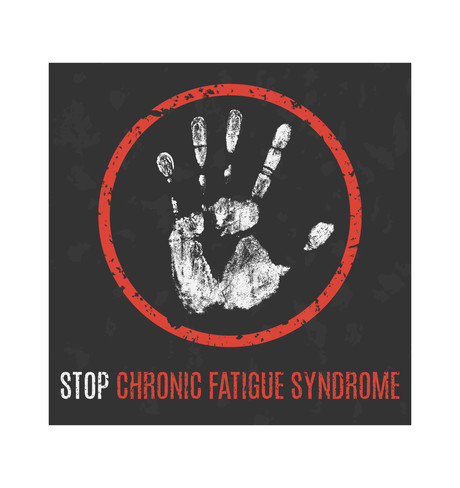Chronic fatigue syndrome: self-help exercise program may improve symptoms
Friday, 30 June, 2017

Chronic fatigue syndrome (CFS) sufferers may benefit from a self-help approach to a graded exercise program, with a recent trial demonstrating reduced fatigue in some participants.
The self-help program, supervised by a specialist physiotherapist, was trialled on 200 people over 12 weeks and involved slowly and safely building up physical activity levels (eg, a few minutes walking) after establishing a daily routine, with the support of a specialist physiotherapist over the phone or Skype.
The approach saves patients from travelling to a clinic and might be useful as an initial treatment for patients to help manage the symptoms of CFS.
CFS affects about seven in 1000 people and is characterised by chronic, disabling fatigue in the absence of an alternative diagnosis. Based on previous trials, UK guidelines recommend graded exercise therapy and cognitive behaviour therapy for patients with CFS. However, graded exercise therapy is usually delivered in a clinic by specialist therapists with up to 15 sessions over 3–6 months, so it can be expensive to deliver and access to clinics providing these treatments is limited.
Dr Lucy Clark of Queen Mary University of London, UK, and lead author of , published in , said: “Graded exercise focuses on improving routines and changing physical activity patterns, and it may even require an initial reduction in activity. The aim is to progress carefully to improve, under the supervision of a CFS-experienced therapist, rather than pushing people too hard and towards a setback. Offering the therapy as a self-help approach, supervised by a physiotherapist, could increase access and avoid the fatiguing effects of travel for the intervention.”
$12m for homegrown heart disease and diabetes innovations
$12 million in federal funding has been announced for the development of new Australian-made...
National cancer screening program marks first in almost 20 years
From 1 July, the National Lung Cancer Screening Program will commence — marking the first...
Doctor deregistered after botched facelift calls for ambulance
A Queensland doctor has been deregistered after a botched cosmetic surgery procedure left a...





